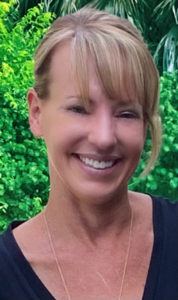Resolve behavioral, emotional, and relationship issues and improve your mental health and well-being, all in a supportive and safe space.

Dr. Mosier offers a range of services aimed at helping the child, adolescent, or adult to discover, understand, and overcome the obstacles that are preventing them from realizing their fullest potential.
Dr. Mosier is trained and experienced in the assessment, diagnosis, and treatment of:
The Family Psychology Clinic of Kingwood is a self-pay practice and we are not formally contracted with any private insurance or governmental agencies, such as Medicaid or Medicare. We can provide you a detailed receipt that includes the diagnosis and service codes necessary to file an out-of-network claim with your individual insurance provider. We can also help you find out what your out-of-network mental health benefits are and whether or not a portion of Dr. Mosier’s services may be covered. Service costs are $250 for the initial visit and $200 for subsequent visits. Testing rates depend upon the type of testing that will occur. When appropriate, an estimate will be given detailing the length and cost of testing. Please contact the office at 281-361-0777 for further information regarding insurance and costs. Finally, it is important to know that psychological care is accessed under mental health rather than tradition medical benefits and, that for many policies, mental health benefits are treated independently of medical benefits. This means that mental health benefits may have a separate deductible, differing levels of coverage, or even be managed by a different insurance provider.